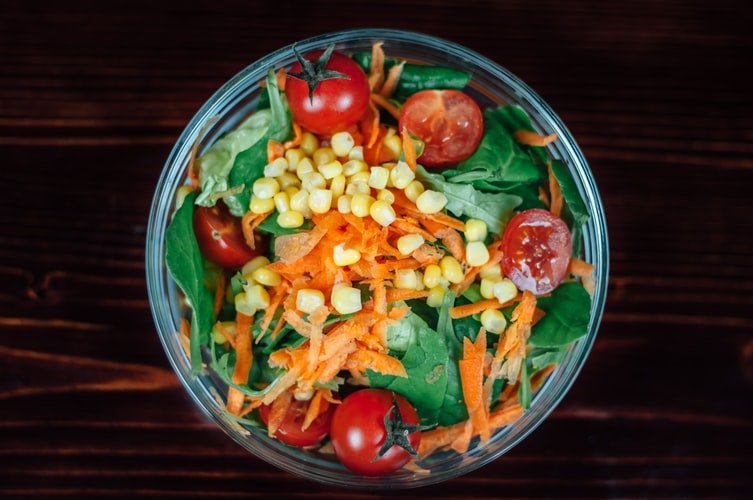Tips For Your Vegan Children To Eat Healthily
If your daughter is vegan, she will not consume any animal products, including dairy and honey. As a result, make sure she is receiving adequate B12 and D, iron, calcium, and omega-3 fatty acids from other dietary sources.
Because she is still developing, iron should be a top focus for her diet right now. A good source of fiber is wholegrain cereals and bread when eaten in conjunction with an orange or tomato, which is high in vitamin C.

Encourage her to drink vitamin B12-fortified plant milk; if she does not, she should take a vitamin B12 supplement. She will benefit from calcium-fortified soy and almond milk, which are also good for her bones. Regular milk provides about 300mg of calcium in a 250ml glass, so our product is comparable.
The following foods provide modest quantities of calcium: almonds, sesame seeds, broccoli, spinach, and dried figs. However, these foods alone do not offer the 1300mg of calcium per day recommended for this age group (not just Vegan Children). Vitamin D is added to certain plant-based milk to aid in the development of strong bones.
In particular, omega-3 fatty acids are beneficial for the brain development of youngsters (not just Vegan Children). Linseed, hemp seeds, walnuts, pecans, soybeans, and leafy green vegetables are some of the non-animal sources of lutein and saturation.
Due to the fact that vegan sources are not as effectively digested by the body, she will need to consume a significant quantity of them to meet her omega-3 goals.

